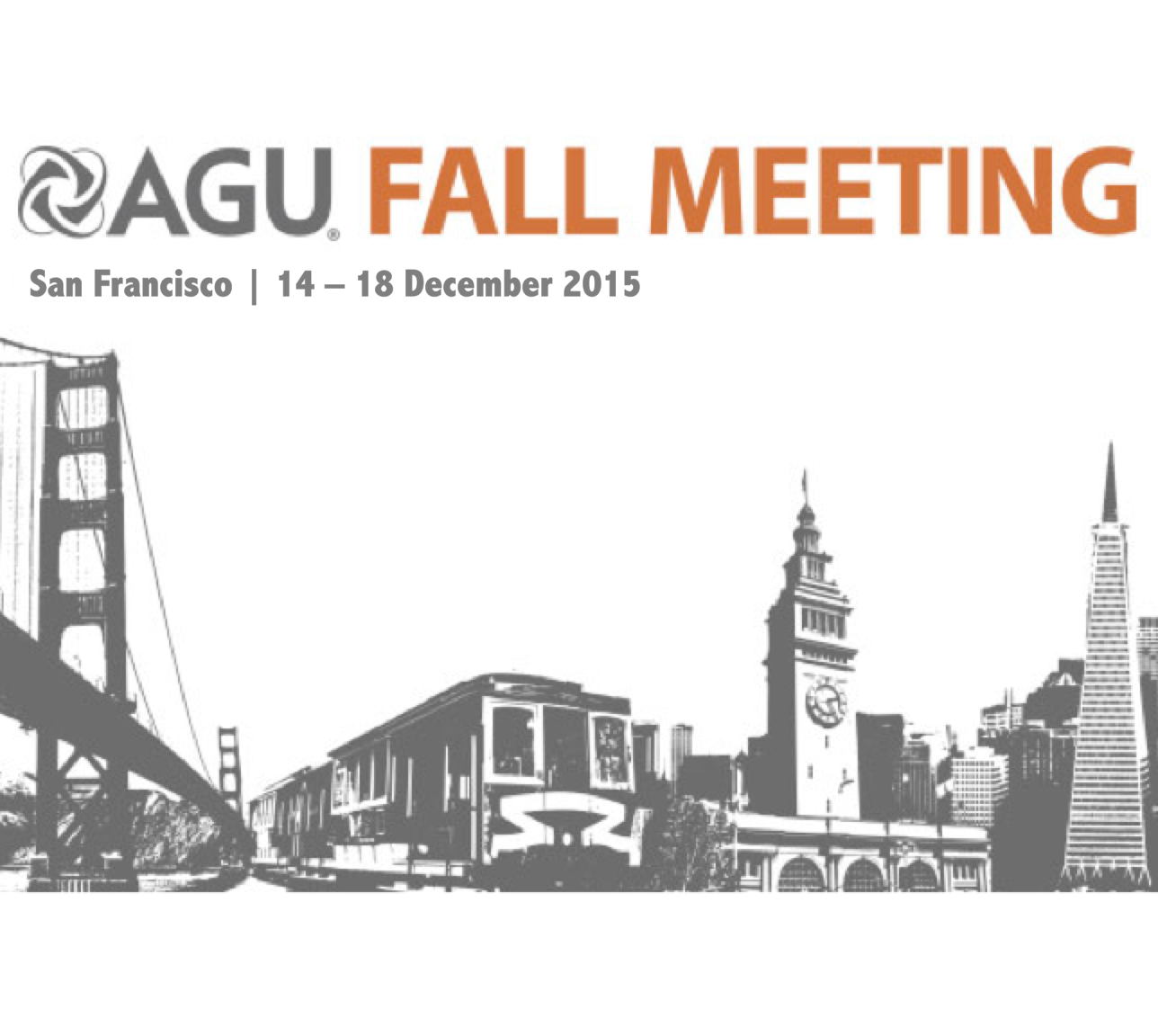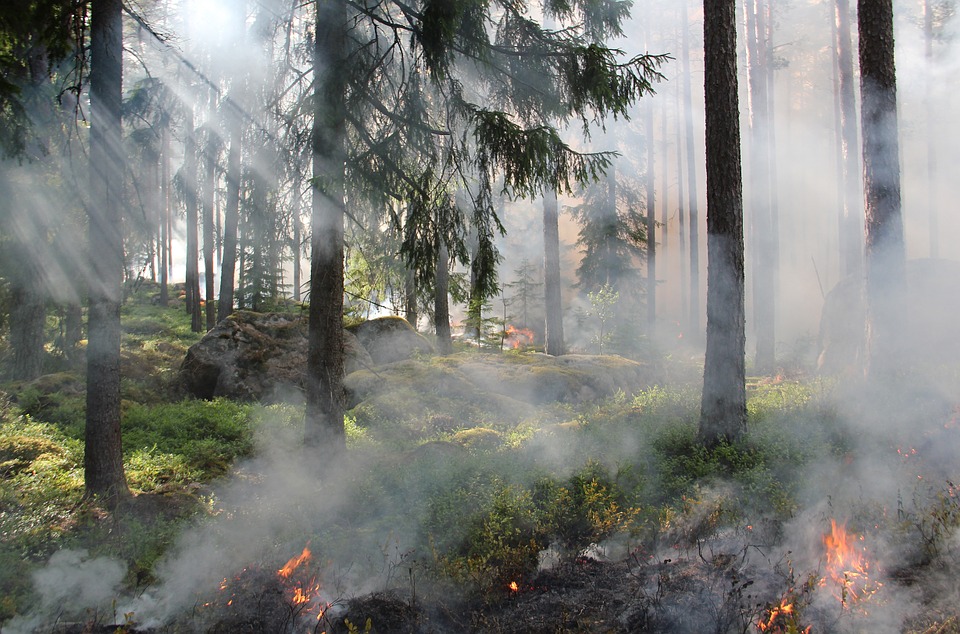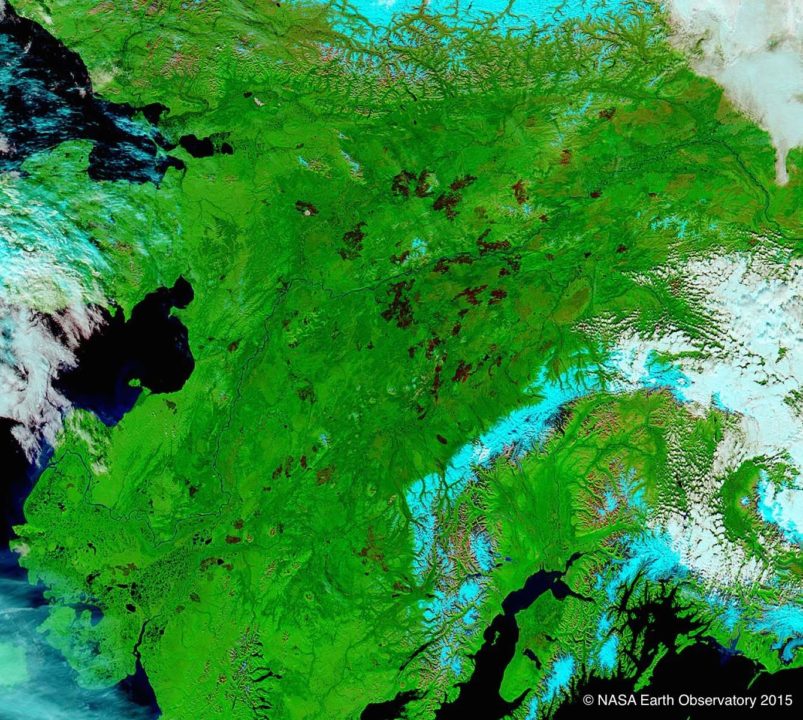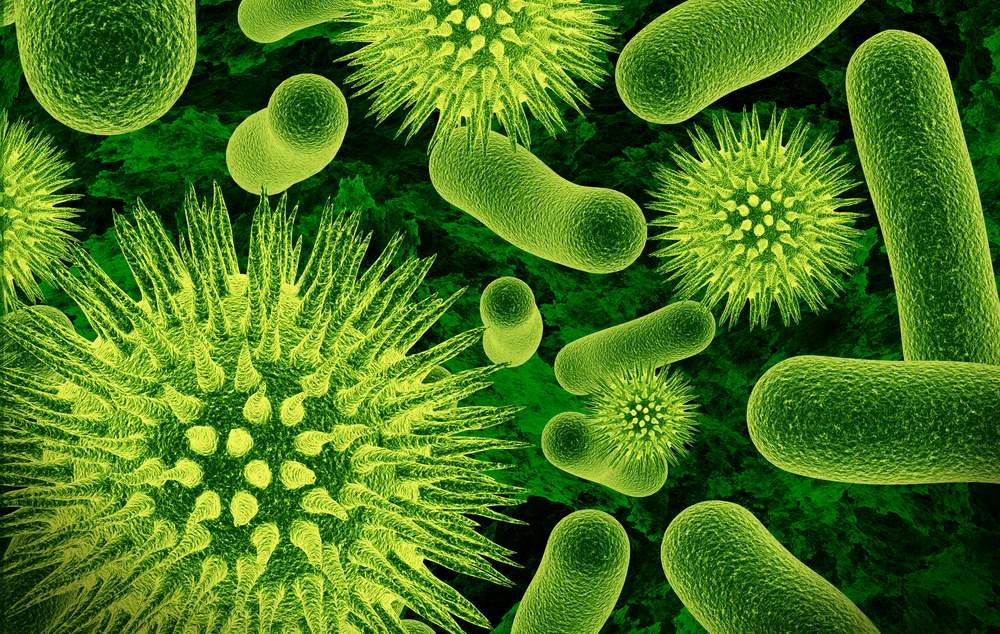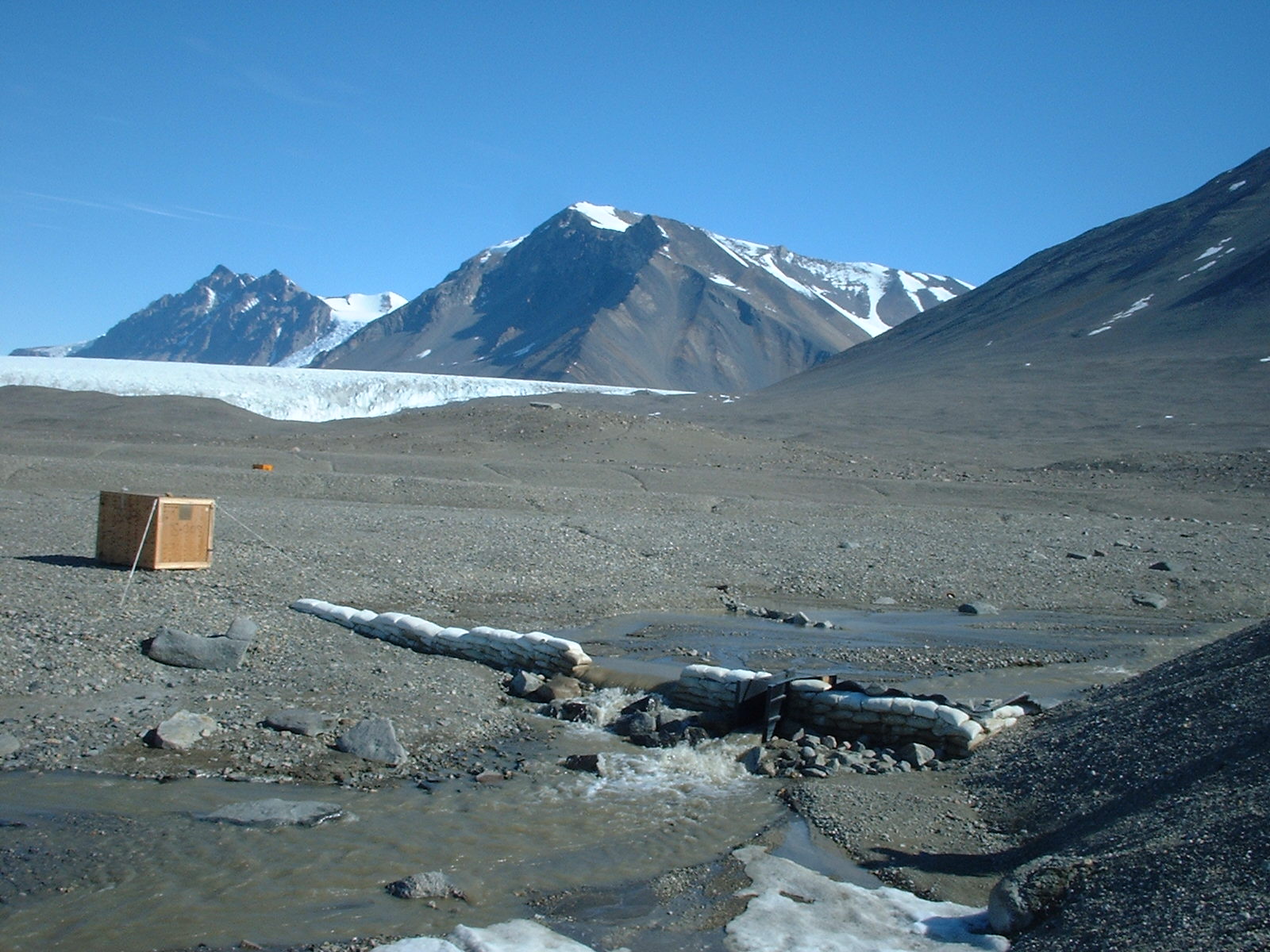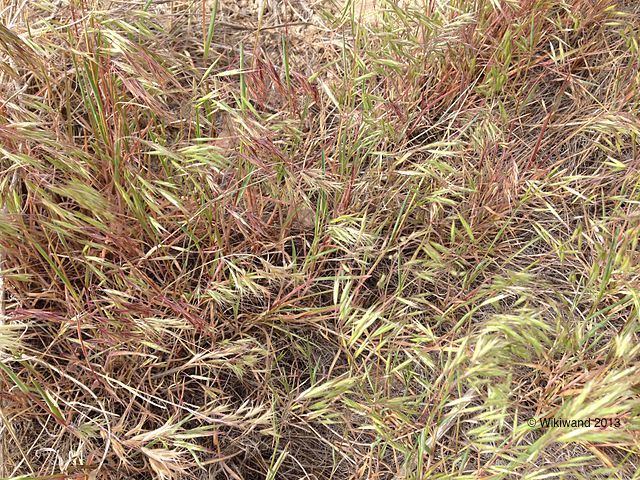Ecoss presents research at the 2015 AGU fall meeting
Several Ecoss members presented at the 2015 AGU fall meeting. Topics ranged from permafrost C cycle responses to climate change, to priming effects on soil C, to forest fires in the Arctic. Below you can find an overview of the presentations; click on the presentation title for more information at the AGU meeting page. […]
